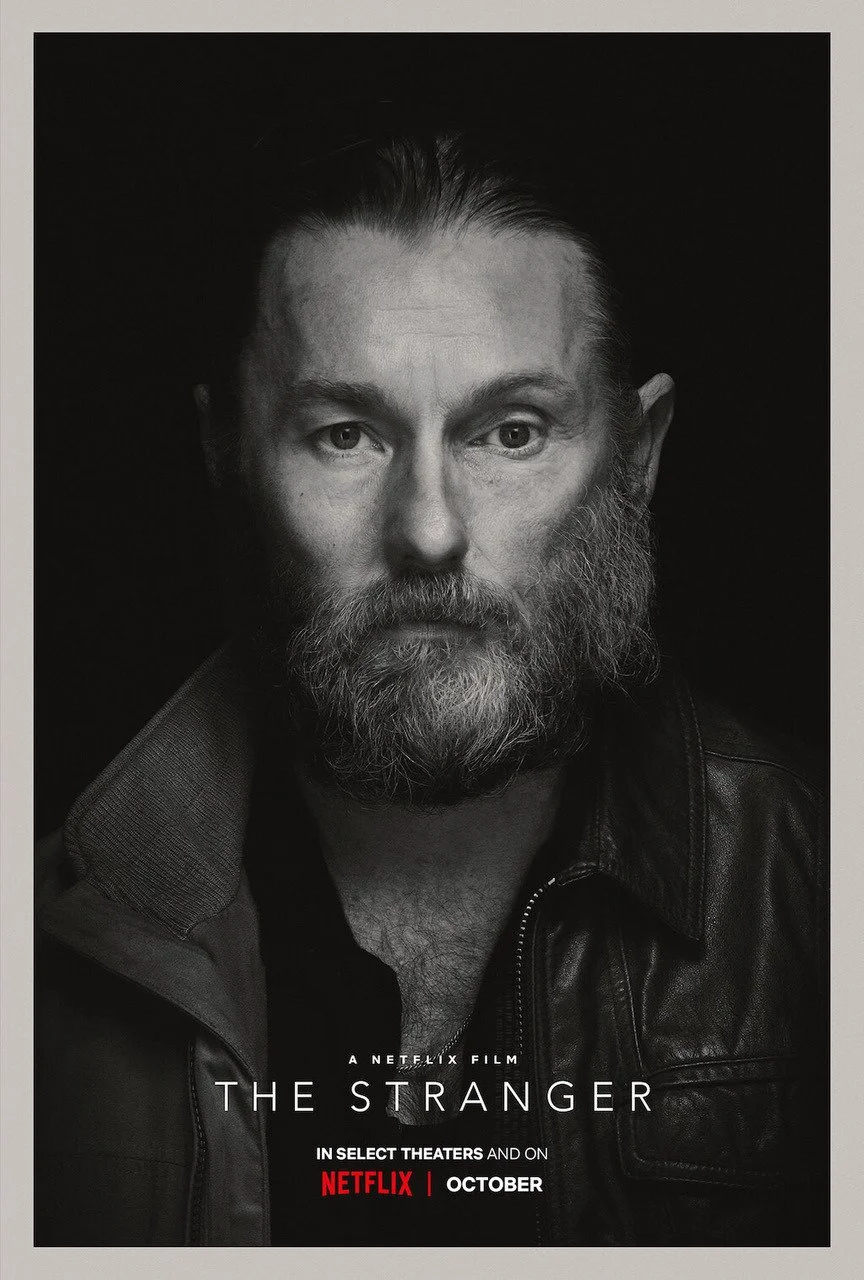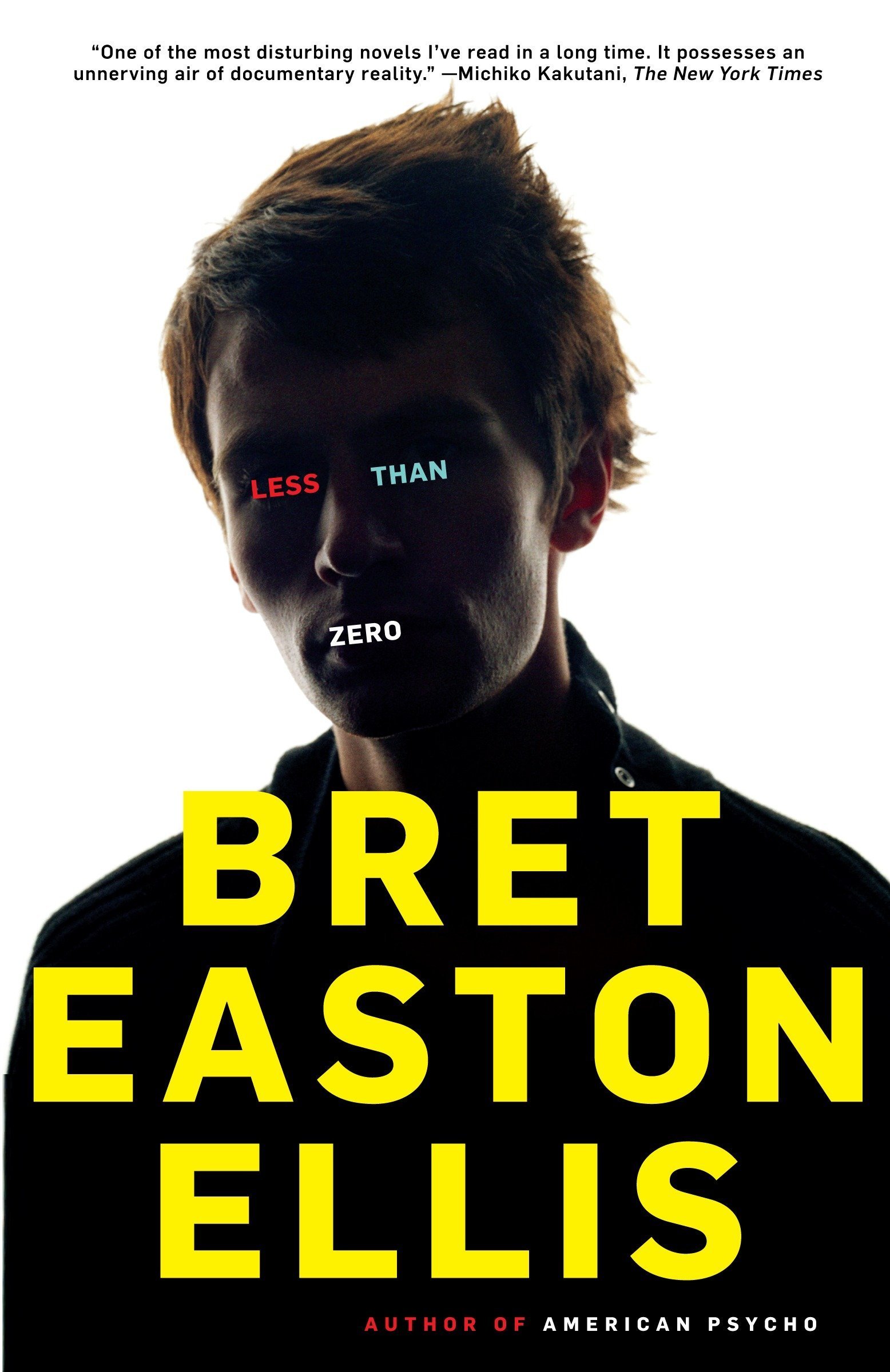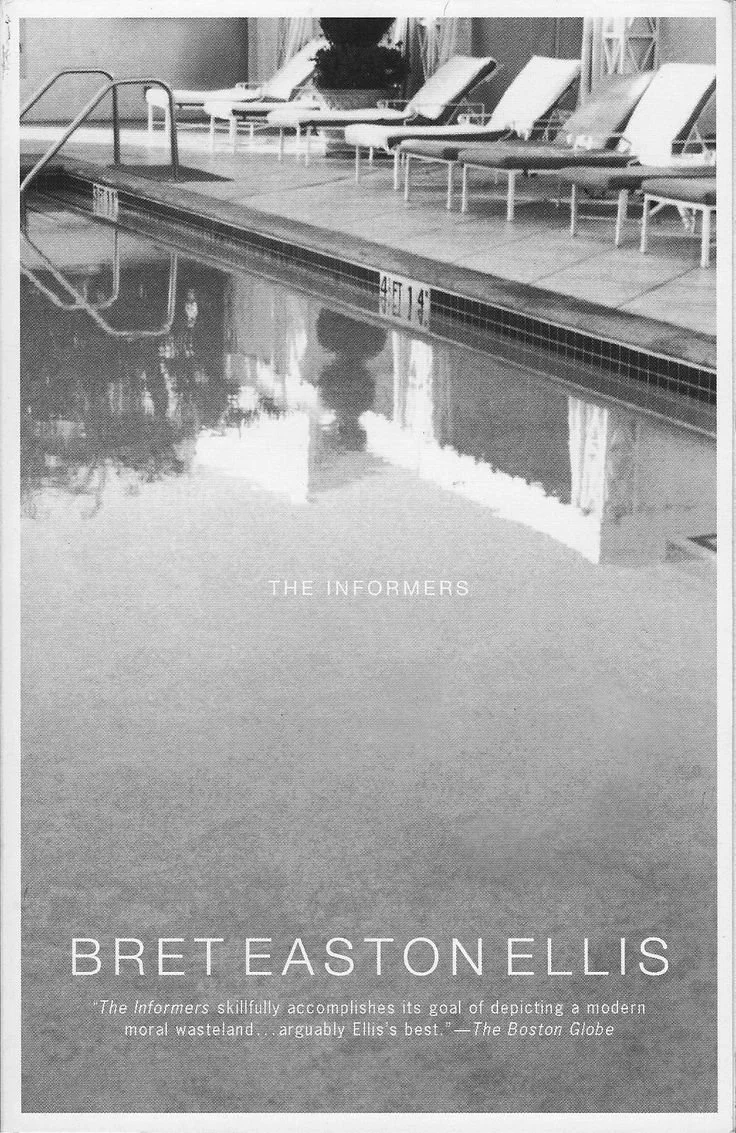Book Review : Bret Easton Ellis - Lunar Park (2005)
Early in his career, Bret Easton Ellis achieved a level of celebrity that may or may not be available to novelists anymore. He became so famous at such a young age, it was never going to be sustainable for him and it wasn’t. He was loved for Less Than Zero and then for American Psycho twice instead of once, but mainstream audiences eventually got bored of his chic nihilism. Lulls in popularity like this are where you can appreciate who a novelist really is and I believe it's what happened in Ellis' underdiscussed novel Lunar Park.
Lunar Park is an autofiction, where Bret Easton Ellis zigs instead of zagging and ends up marrying an actress named Jayne Dennis, fathering one kid and a half (one boy and taking care of a girl she had with another man). Struggling to adjust to a quiet, John Cheeveresque suburban existence, he is (literally) haunted by the ghost of his father and someone in the vicinity is copying every murder from American Psycho in order. Ellis tries to keep away from the booze and drugs, but he's going through some real shit.
Lost in the Funhouse
This novel is completely different from anything Bret Easton Ellis has done before. It's atmospheric, contemplative and, most important, introspective. Both the author and the protagonist are trying figure their way out of Ellis' creation. By that, I mean his public image of a numb and arrogant privileged brat and the legacy of American Psycho in popular culture. In Lunar Park, he's trying to get off the hedonic Merry-Go-Round he's created for himself and kind nails it? I mean, it's one of his best novels.
The entire reflection is anchored in the first chapter, which is a biographical retelling of Bret Easton Ellis' own career where he explains the influence of his father on his early life. Long before he passed in 1992, Ellis' old man cast an important shadow on his writing. He understood the dark side of privilege quite quick created this paradigm where bored, passive-aggressive rich kids self-sabotaged in different ways because they had nothing better to do. In Lunar Park, Ellis challenges this paradigm as he'd bored with it.
So, Ellis cleans his act from a literary perspective. Gets himself a famous wife who orders him to lay off party enhancers, an embattled relationship with his sons and ghosts of a life he's trying to distance himself from. These ghosts are both real and metaphorical, which makes Lunar Park such a fun, stimulating novel. Ellis-the-writer is commenting on Ellis-the-character and on himself as Ellis-the-character is trying to exorcize the ghost of his old man and distance himself from American Psycho.
This American Psycho subplot was one of the best thing about Lunar Park, as it addressed the reaction, the audience understanding and the cultural repercussions of a novel that was fundamentally misinterpreted by violence crazed normies who felt like it was a passport to unleashing their darkest desire upon society. These aforementioned normies are represented in Lunar Park and illustrate a fucking terrifying portrait of an author who completely lost control over the meaning of his creation.
It's kind of a literature nerd thing, but it's done well.
Not Bret Easton Ellis
But the exorcism of Bret Easton Ellis' ghosts only represents half of Lunar Park. The other half is focused on Bret Easton Ellis coming to terms with this character full of repressed self-destructive urges that is both real and fictional. His inner world is a lot less of a spectacle than his dealing with characters from his novels that inexplicably became alive and sentient, but they're just as important in making Lunar Park so counterintuitive to the fiction makes Bret Easton Ellis famous. He's putting himself in therapy.
That Ellis-the-character or Not-Bret-Easton-Ellis character quickly loses himself in another maze of privilege and rigid conventions exactly like the one he's written himself out of in Less Than Zero. Not only he's severely unhappy and overwhelmed in wedlock, but he is in a very mundane way. Ellis claimed in interview that writing Lunar Park was a way to process his father's death and forgive him, but I believe he did more than that. I believe Ellis made peace his unlikely career arc right there and then.
*
I have two more novels to read in this Bret Easton Ellis retrospective. Lunar Park is my favorite so far, but you kind of have to have read everything from him in order to truly enjoy. At least his twin behemoths Less Than Zero and American Psycho, but it's even better if you've read everything and become familiar with the author and his thought process. Lunar Park is difficult and counterintuitive, but it provides that sweet, earnest consciousness-to-consciouness communication only literature can provide.






